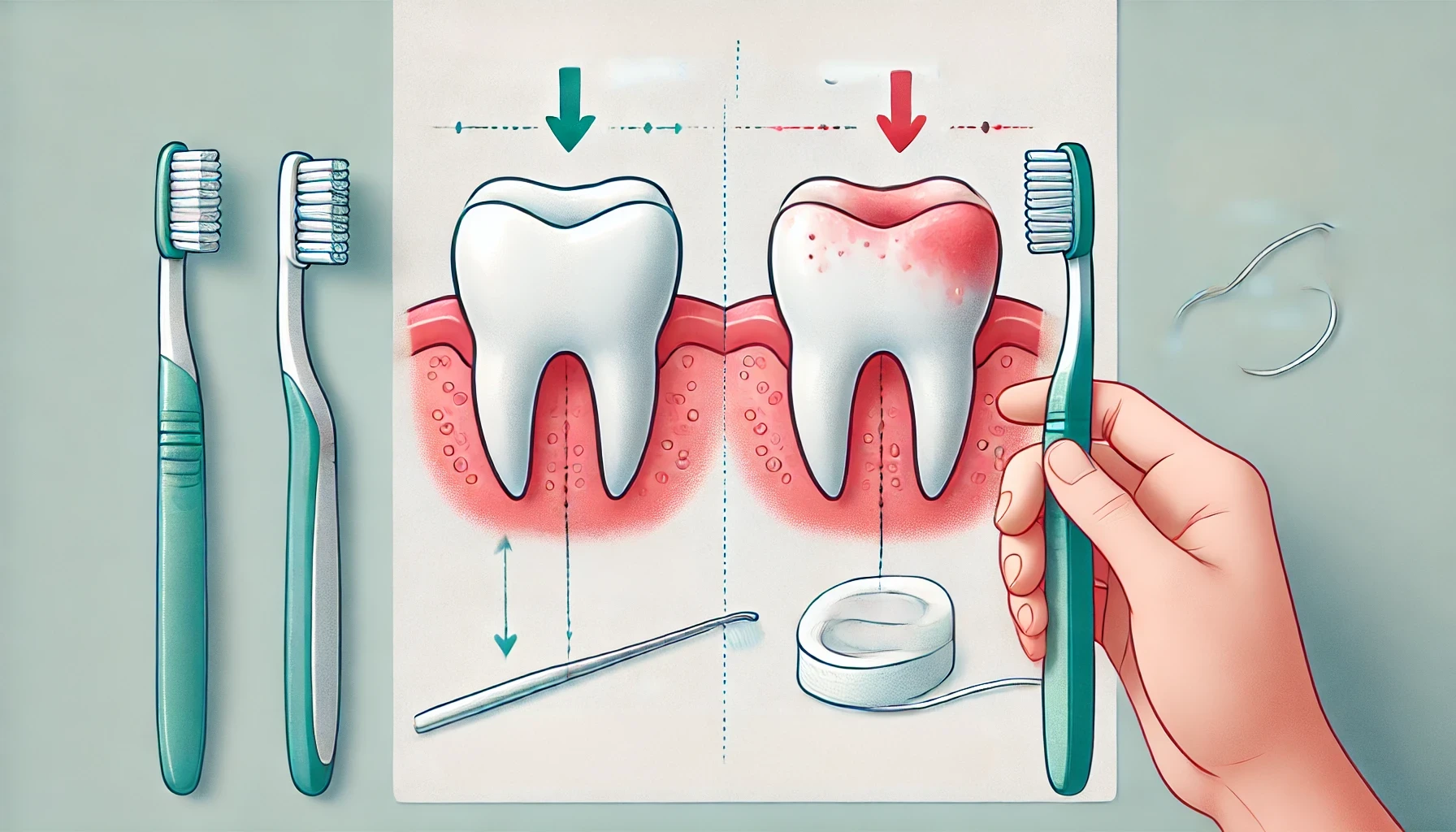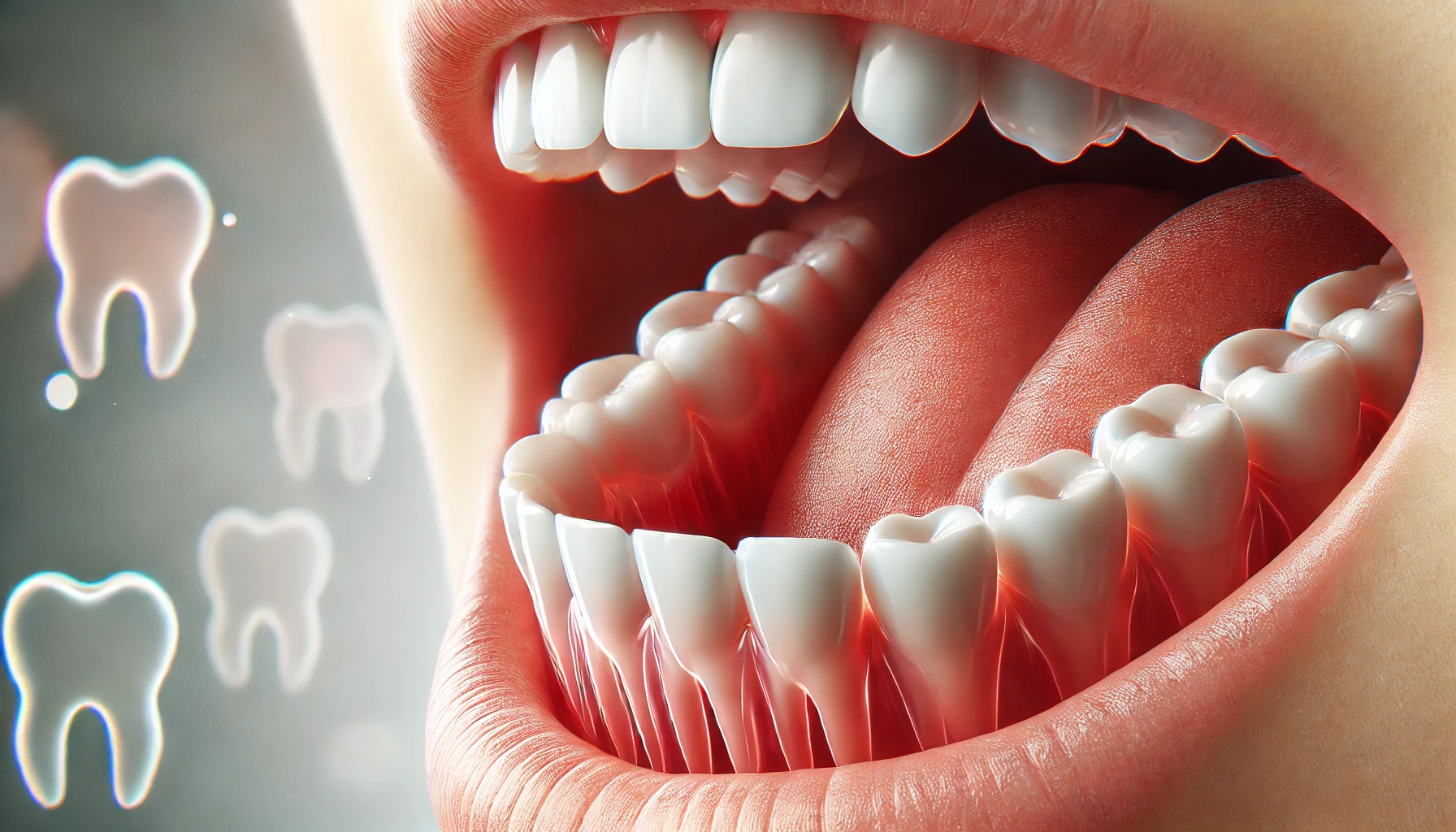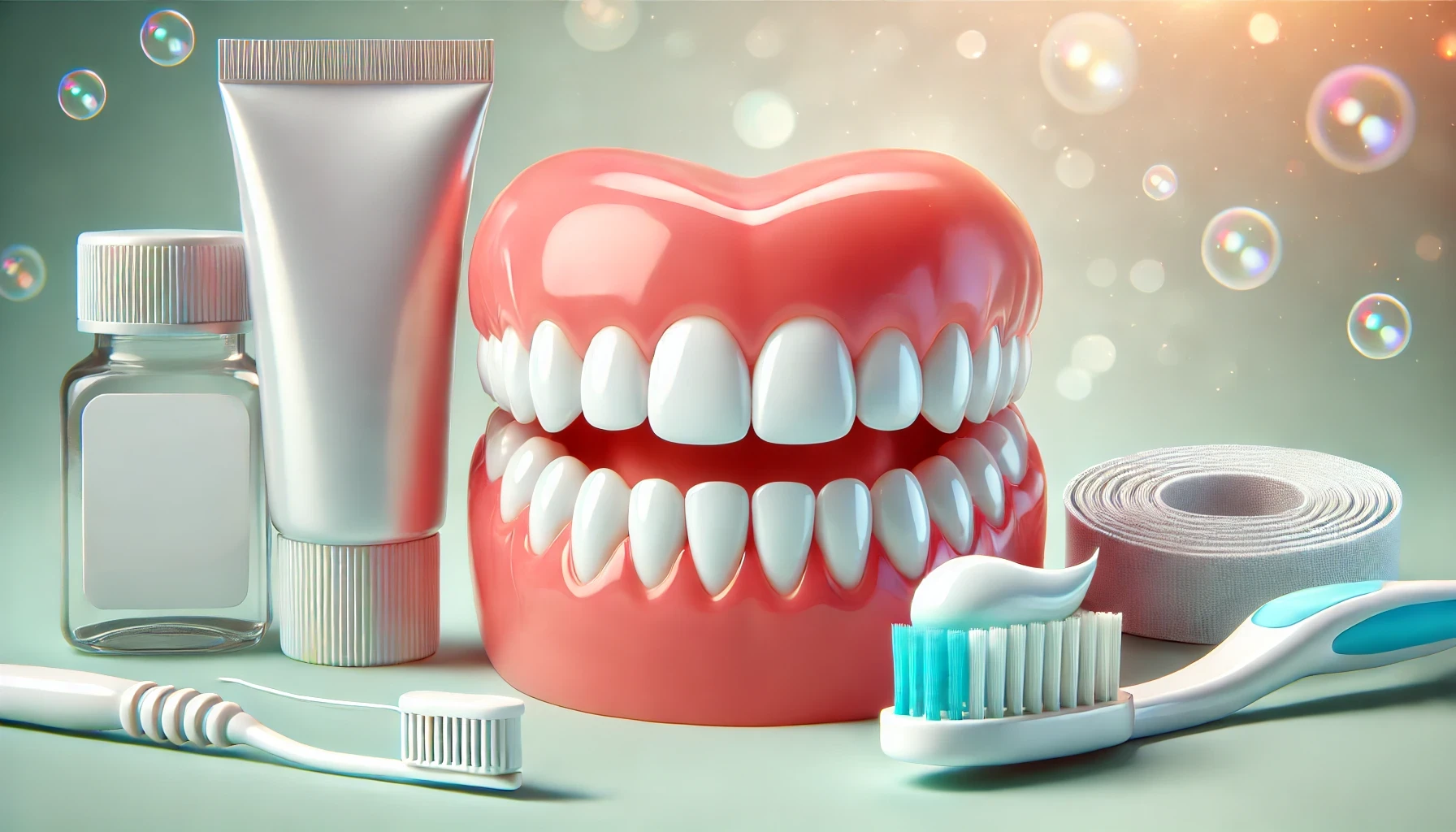Bleeding gums are often an early sign of gum disease or other underlying oral health issues. If left untreated, it can lead to more severe conditions like periodontitis, tooth loss, and other complications.
In this article, we will discuss the common causes of bleeding gums, preventive measures, and how you can stop it before it worsens. Maintaining healthy gums is essential for your overall oral health and preventing long-term damage.
Common causes of bleeding gums
Poor oral hygiene is one of the primary culprits leading to bleeding gums. Failing to maintain a regular brushing and flossing routine can result in the buildup of plaque and tartar, which irritate the gum tissue and trigger inflammation and bleeding. In addition to inadequate oral care, aggressive brushing or using a hard-bristled toothbrush can damage and cause gum bleeding.
Another prevalent cause is gingivitis, a mild form of gum disease characterized by redness, swelling, and bleeding of the gums, often due to plaque accumulation. Hormonal changes during pregnancy can also lead to bleeding gums, as increased hormone levels can cause the gums to become more sensitive and prone to irritation.
Nutritional deficiencies, particularly a lack of vitamin C and vitamin K, can weaken the gums and contribute to bleeding.
Furthermore, certain medications, such as blood thinners, can exacerbate gum bleeding by affecting blood clotting mechanisms. Finally, systemic health issues like diabetes and blood disorders can impact gum health, making the gums more susceptible to bleeding.
How to improve your gum health
Taking steps to improve your gum health is crucial for preventing bleeding gums and ensuring overall oral well-being. Start by implementing a consistent oral hygiene routine, which should include brushing at least twice a day with a soft-bristled toothbrush and fluoride toothpaste.
Flossing daily is equally important, as it helps remove food particles and plaque from between teeth where a toothbrush might not reach. In addition to maintaining these habits, consider using an antiseptic mouthwash that can kill bacteria and keep your mouth clean.
Regular dental check-ups are also vital for maintaining gum health. During these visits, a dentist can identify potential issues early on and recommend professional cleanings to remove plaque and tartar buildup. Lifestyle choices significantly impact gum health, so quitting smoking can improve circulation and enhance healing in gum tissues.
Furthermore, ensure a balanced diet rich in vitamins and minerals, particularly vitamin C and K, to support healthy gums. Drinking plenty of water can help wash away food debris and bacteria, adding another layer of defense against gum problems.
When to see a dentist for bleeding gums
If you notice persistent gum bleeding that doesn’t improve with good oral hygiene practices, it’s time to consult a dentist. Frequent bleeding accompanied by swelling, pain, or pus indicates a more serious condition, such as advanced gum disease or an infection, which requires professional treatment.
Additionally, if you experience other symptoms like loose teeth or a change in bite alignment, these are signs that the issue may be progressing. It’s important to act promptly, as untreated gum problems can lead to more severe dental issues, such as tooth loss.
Regular check-ups allow your dentist to assess your gum health and provide the necessary interventions to prevent further complications. Early diagnosis and treatment can significantly improve outcomes and preserve your oral health.
Top home remedies for bleeding gums
If you’re experiencing bleeding gums, a variety of home remedies can help alleviate the issue while improving oral health.
Saltwater rinses are a simple and effective method; dissolve a teaspoon of salt in warm water and rinse your mouth to reduce inflammation and kill bacteria. Another natural remedy is rinsing with a hydrogen peroxide solution, which has antibacterial properties that help combat gingivitis.
Aloe vera gel, known for its anti-inflammatory effects, can be applied directly to the gums to soothe irritation. Furthermore, oil pulling with coconut oil is an age-old technique that helps remove toxins and bacteria from the mouth.
Simply swish a tablespoon of coconut oil in your mouth for about 15 minutes, then spit it out and rinse with warm water. Ensuring adequate vitamin intake is crucial; focus on foods rich in vitamin C and K, such as oranges and leafy greens, to strengthen gums. Using a soft-bristled toothbrush can also prevent further irritation, ensuring gentle cleaning.
Here’s how you can stop bleeding gums before it becomes a serious problem:
- Brush gently: Aggressive brushing can irritate gums and cause bleeding. Use a soft-bristled toothbrush to clean the teeth and gums effectively without causing harm.
- Floss regularly: Flossing helps remove food particles and plaque between the teeth, preventing gum irritation and bleeding.
- Improve your diet: Eating a balanced diet rich in vitamins and minerals can help strengthen your gums and teeth. Deficiencies in certain nutrients may be a cause of bleeding gums.
- Use a mouthwash: Antibacterial mouthwash can help reduce plaque buildup and improve overall gum health.
- Visit the dentist regularly: Regular dental check-ups can detect early signs of gum disease before it worsens, allowing for timely treatment.
Summary
Bleeding gums are often an early warning sign of potential oral health problems, but they can be managed and prevented with proper care.
By following good oral hygiene practices, adjusting your diet, and visiting your dentist regularly, you can prevent the condition from worsening. Taking action now is crucial for maintaining healthy gums and preventing long-term dental issues.
Questions and Answers
What causes bleeding gums?
Bleeding gums may be caused by plaque buildup, poor oral hygiene, or gum disease such as gingivitis or periodontitis.
Is bleeding gums a sign of gum disease?
Yes, it is often one of the first signs of gum disease. If left untreated, this can progress to more severe conditions like periodontitis.
How can I stop my gums from bleeding?
Brush and floss gently, use antibacterial mouthwash, and visit your dentist regularly for check-ups and cleanings.
Should I see a dentist if my gums are bleeding?
Yes, you should see a dentist if you experience consistent bleeding gums, as this could indicate an underlying issue that needs professional treatment.
Can my diet affect my gum health?
Yes, a poor diet lacking in essential nutrients may be one of the causes of bleeding gums. A diet rich in vitamins and minerals can help strengthen your gums.
Can stress cause bleeding gums?
Yes, stress can weaken your immune system, making it harder for your body to fight off infections, which may be linked to gum disease.
How often should I floss to prevent bleeding gums?
Daily flossing is recommended to remove plaque and food particles that contribute to gum irritation and bleeding.
Is bleeding gums normal during pregnancy?
Pregnancy hormones can cause an increased sensitivity of the gums, leading to bleeding, but you should still visit a dentist to ensure this is not due to gum disease.
Can smoking cause bleeding gums?
Yes, smoking weakens the immune system and can cause gum disease, leading to bleeding gums and other oral health issues.
What are the long-term effects of untreated bleeding gums?
Untreated bleeding gums may lead to periodontitis, tooth loss, and increased risk of systemic health issues such as heart disease and diabetes.






